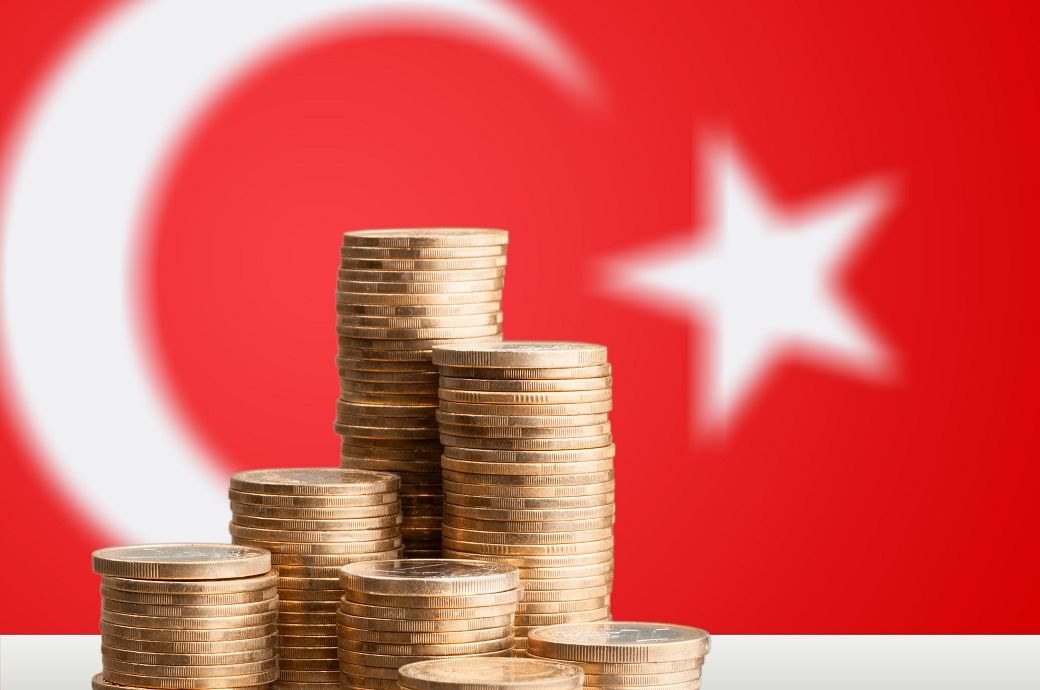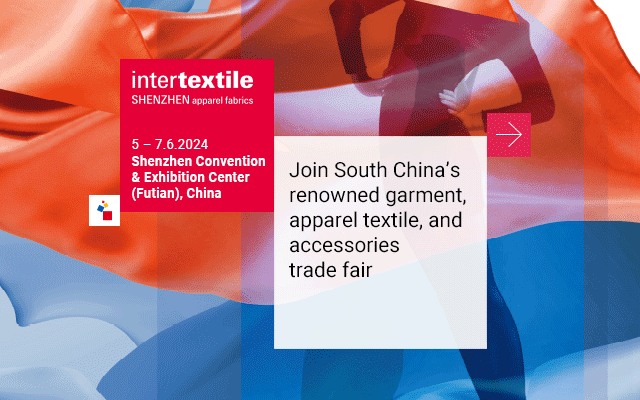S&P Global boosts Turkiye's credit ratings to B+

Insights
- Turkiye's long-term credit rating has been upgraded to 'B+' by S&P Global, reflecting improved economic stability.
- The Central Bank of the Republic of Turkiye aims to maintain a 50 per cent repo rate to control inflation and stabilise the lira.
- Despite challenges like high inflation and dollarisation, fiscal reforms and trade improvements are underway.
Turkiye's economic conditions have shown signs of improvement, especially in balance-of-payments and inflation metrics. If these positive trends continue, there might be further upgrades to the ratings. However, any financial instabilities or reversal of fiscal policies could lead to a revision of the outlook to stable, as per S&P Global.
Post-local elections, Turkiye’s government is expected to continue with monetary and credit tightening policies aimed at reducing inflation, which remains a significant challenge. The Central Bank of the Republic of Turkiye (CBRT) is likely to maintain the benchmark repo rate at 50 per cent through the end of 2024, focusing on demand suppression to stabilise the Turkish lira and control inflation.
The first two months of 2024 saw a narrowing of the current account deficit by 1.2 percentage points of GDP. Despite these gains, high inflation rates continue to pose a challenge, with a single-digit inflation rate not expected until 2028. The government’s efforts to de-dollarise the economy and improve terms of trade are critical in this regard, although dollarisation remains high at 57 per cent of total deposits.
With no national elections scheduled until 2028, the Turkish government has the opportunity to implement comprehensive fiscal and monetary reforms. S&P Global suggests a cautious approach towards minimum wage increases and stresses the importance of a coordinated policy framework to tackle inflation effectively.
Turkiye’s trade dynamics are also showing signs of improvement, with a shift in the trade balance towards net exports. The decline in merchandise imports and increase in exports contribute positively to GDP growth, reflecting a stabilising economy. Moreover, efforts to restore confidence in the Turkish lira and manage foreign currency deposits are ongoing, with the government taking steps to reduce the attractiveness of foreign currency holdings.
The banking sector faces challenges related to asset quality, especially for loans denominated in foreign currencies, which comprise about 34 per cent of the total loans. Public-sector banks, in particular, are under scrutiny for their lending practices. Nevertheless, the government's readiness to support the banking sector in times of crisis mitigates some of the systemic risks.
Fibre2Fashion News Desk (DP)
































-Ltd..jpg?tr=w-120,h-60,c-at_max,cm-pad_resize,bg-ffffff)





.jpg?tr=w-120,h-60,c-at_max,cm-pad_resize,bg-ffffff)
.jpg?tr=w-120,h-60,c-at_max,cm-pad_resize,bg-ffffff)






